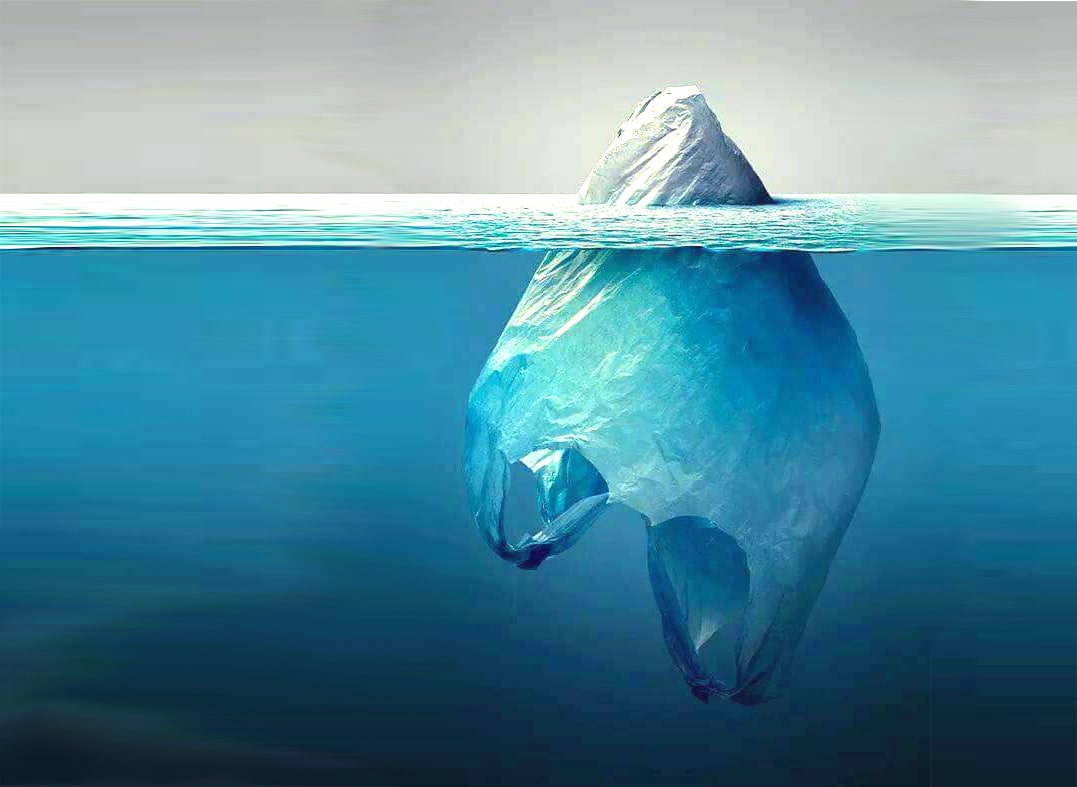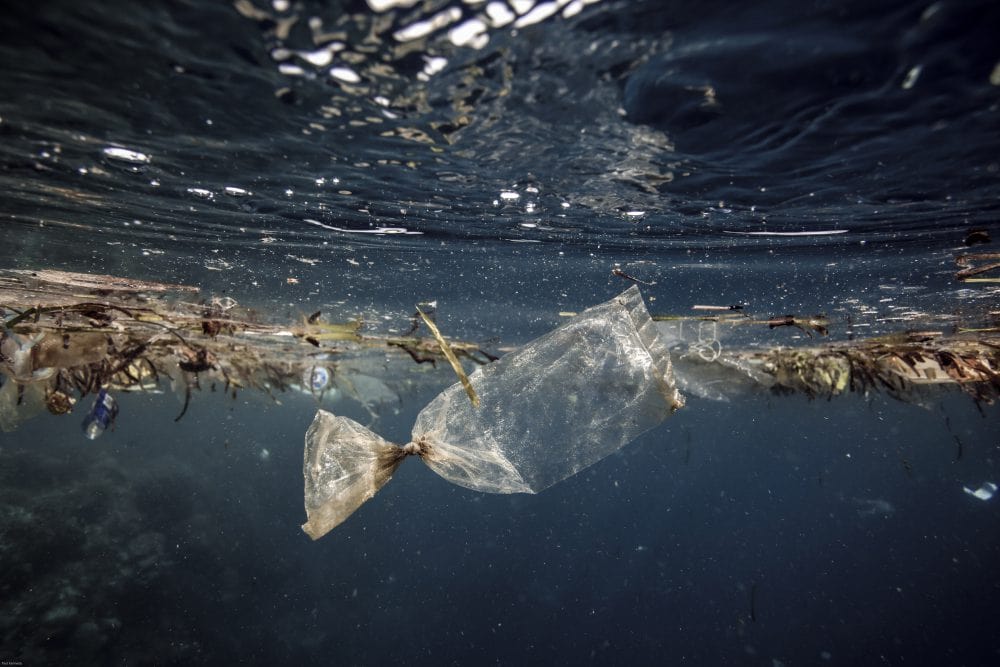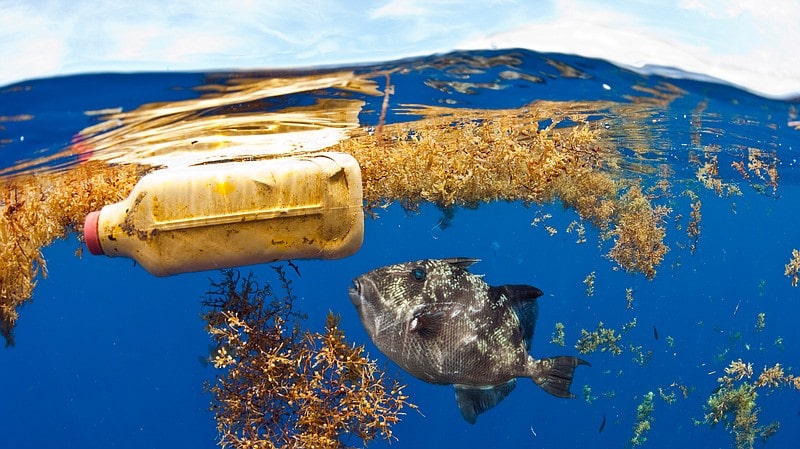
The Atlantic hides 10 times more plastic than previously thought! The huge amount of plastic that populates the Atlantic Ocean puts all the species that live on earth at risk.
According to a worrying new estimate, the Atlantic Ocean could contain about 200 million tons of plastic garbage, instead of the roughly 17 million tons calculated so far. The study published in the journal Nature Communications has shown that the problem of the mass of “invisible” microplastics found in the upper waters could be really serious.

“Previously, we couldn’t balance the mass of floating plastic we observed with the mass we thought had entered the ocean since 1950. This is because earlier studies hadn’t been measuring the concentrations of ‘invisible’ microplastic particles beneath the ocean surface. Our research is the first to have done this across the entire Atlantic, from the UK to the Falklands.”
– Dr Katsiaryna Pabortsava from the National Oceanography Centre (NOC)
Scientists collected their seawater samples during the 26th Atlantic Meridional Transect expedition from September to November 2016. They filtered large volumes of seawater at three selected depths in the top 656 feet and detected and identified plastic contaminants using a state-of-the-art spectroscopic imaging technique.
Their study focussed on polyethylene, polypropylene, and polystyrene, which are commercially most prominent and also most littered plastic types.

Scientists warn of the need to know the amount of plastic present in the ocean, how it degrades, and how toxic it is to the environment and to the people. Many of the microplastics in the oceans are ingested by marine animals and end up in humans through the food chain.
There are more and more alternatives to avoid the use of plastic on a daily basis, looking for these options we can generate an enormous contribution to the care of the ocean and its wildlife.
You can find the complete article at Nature Communications.